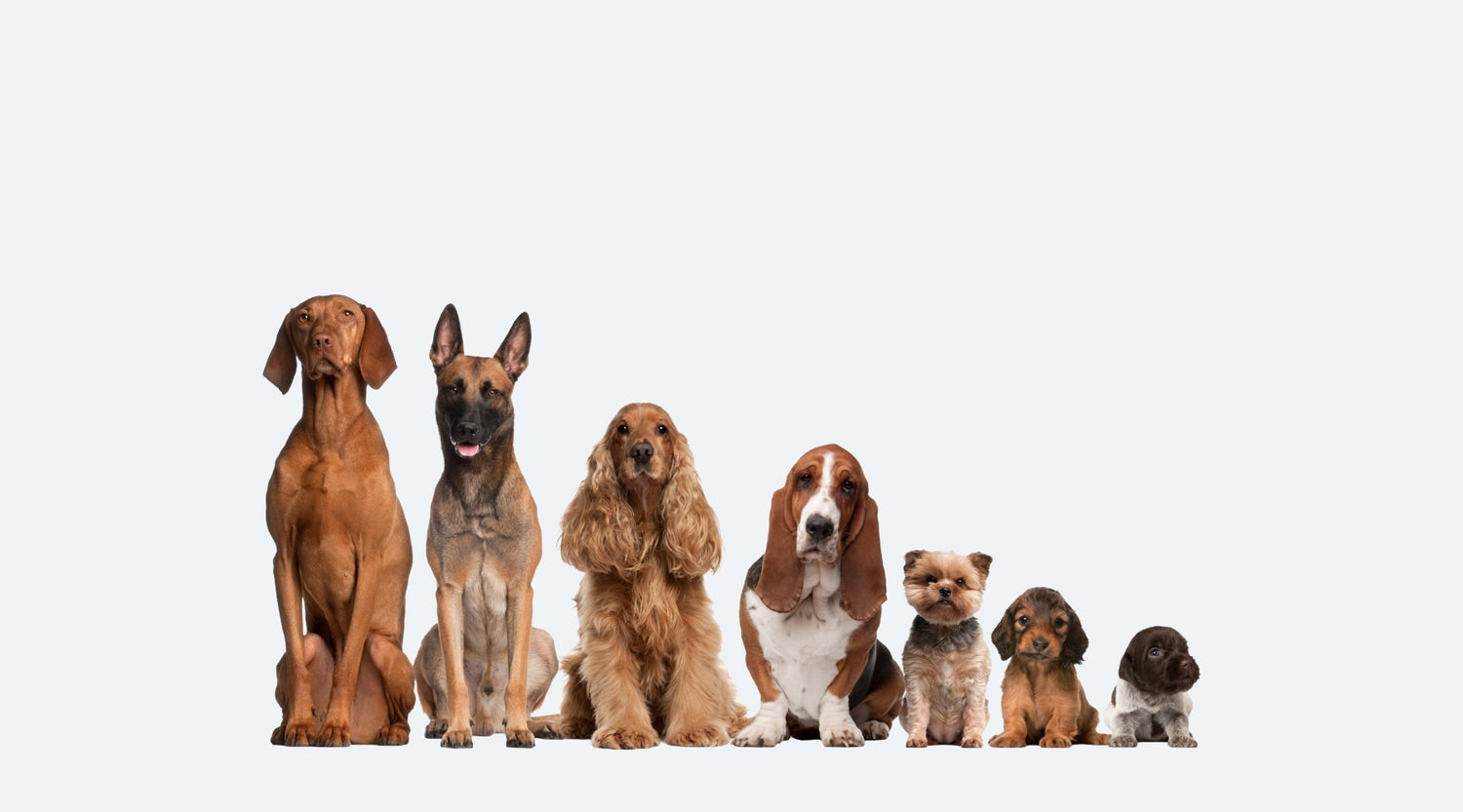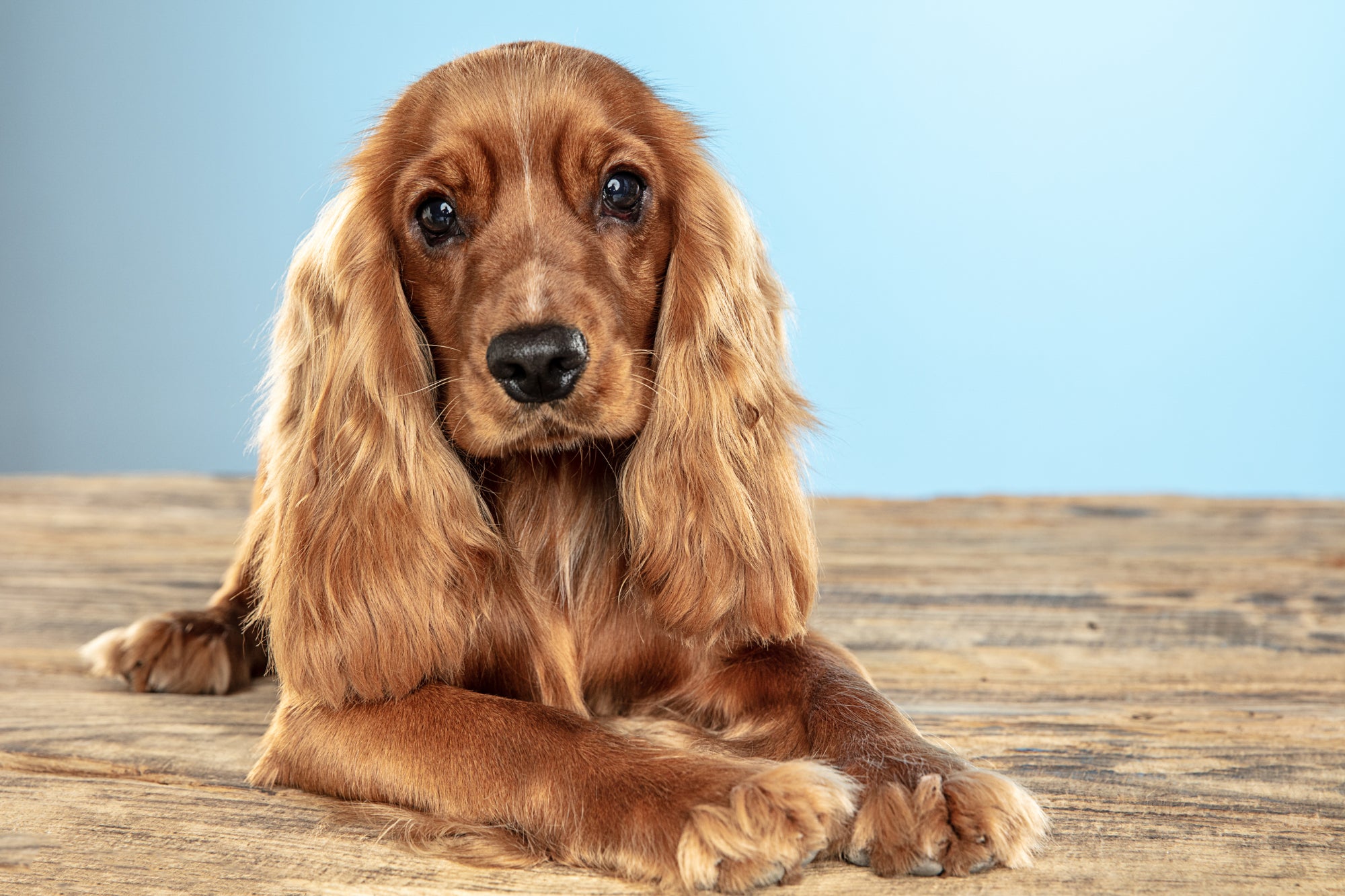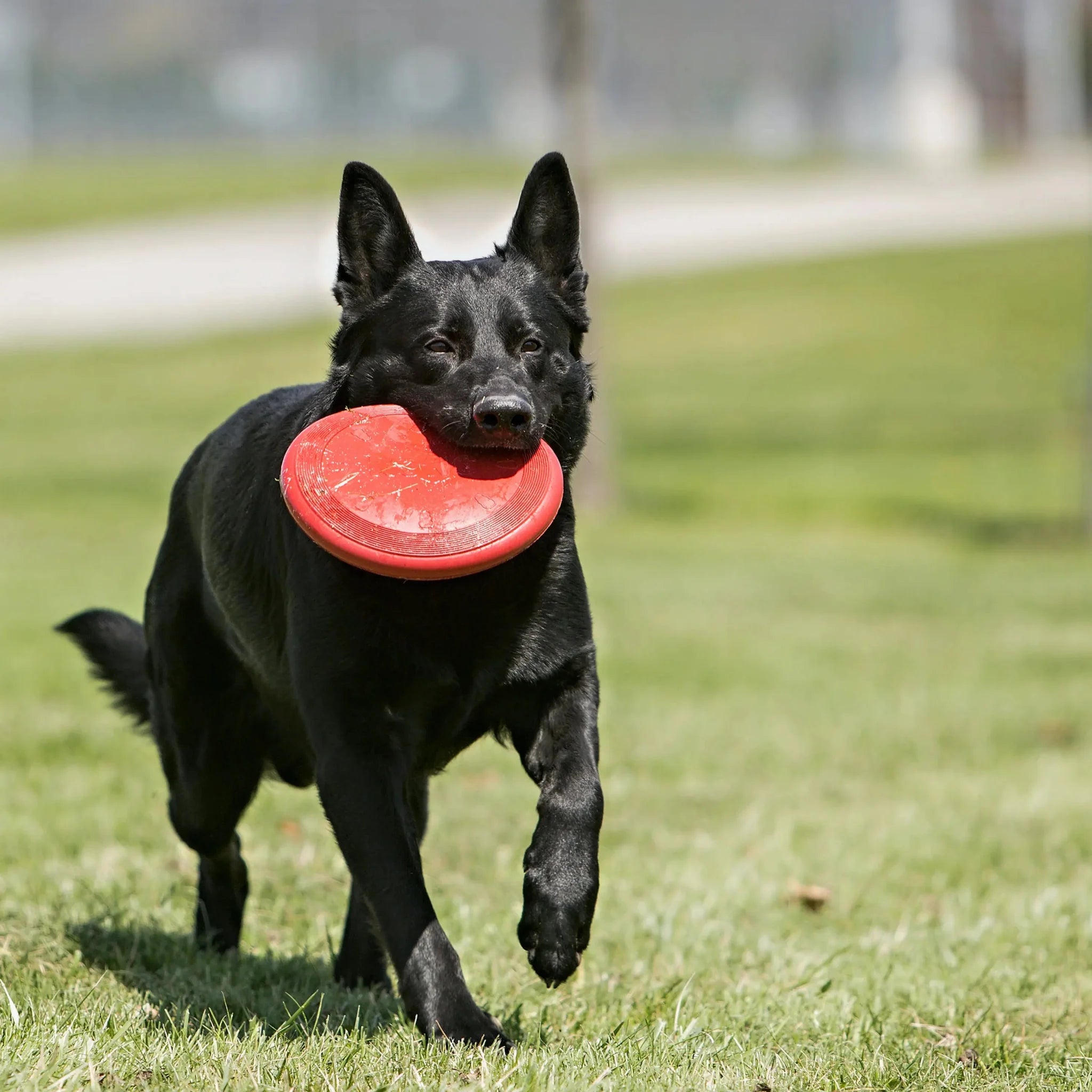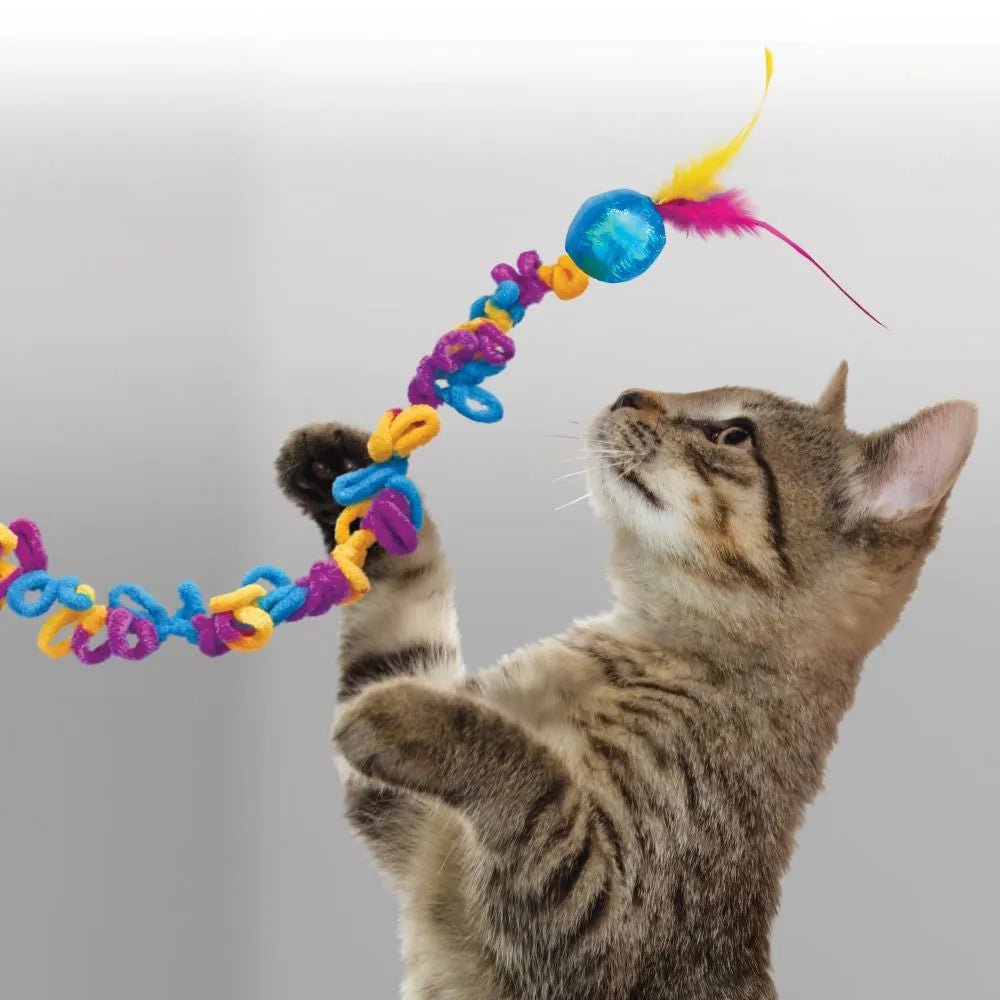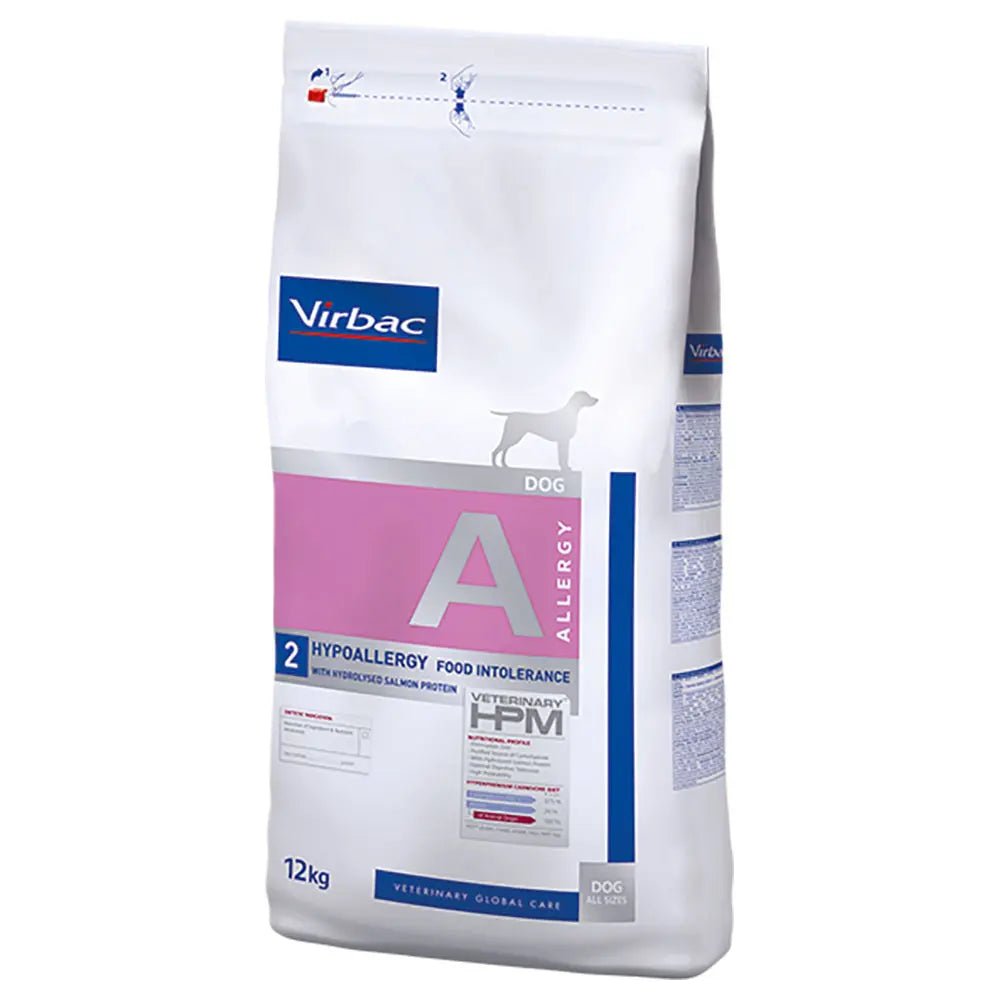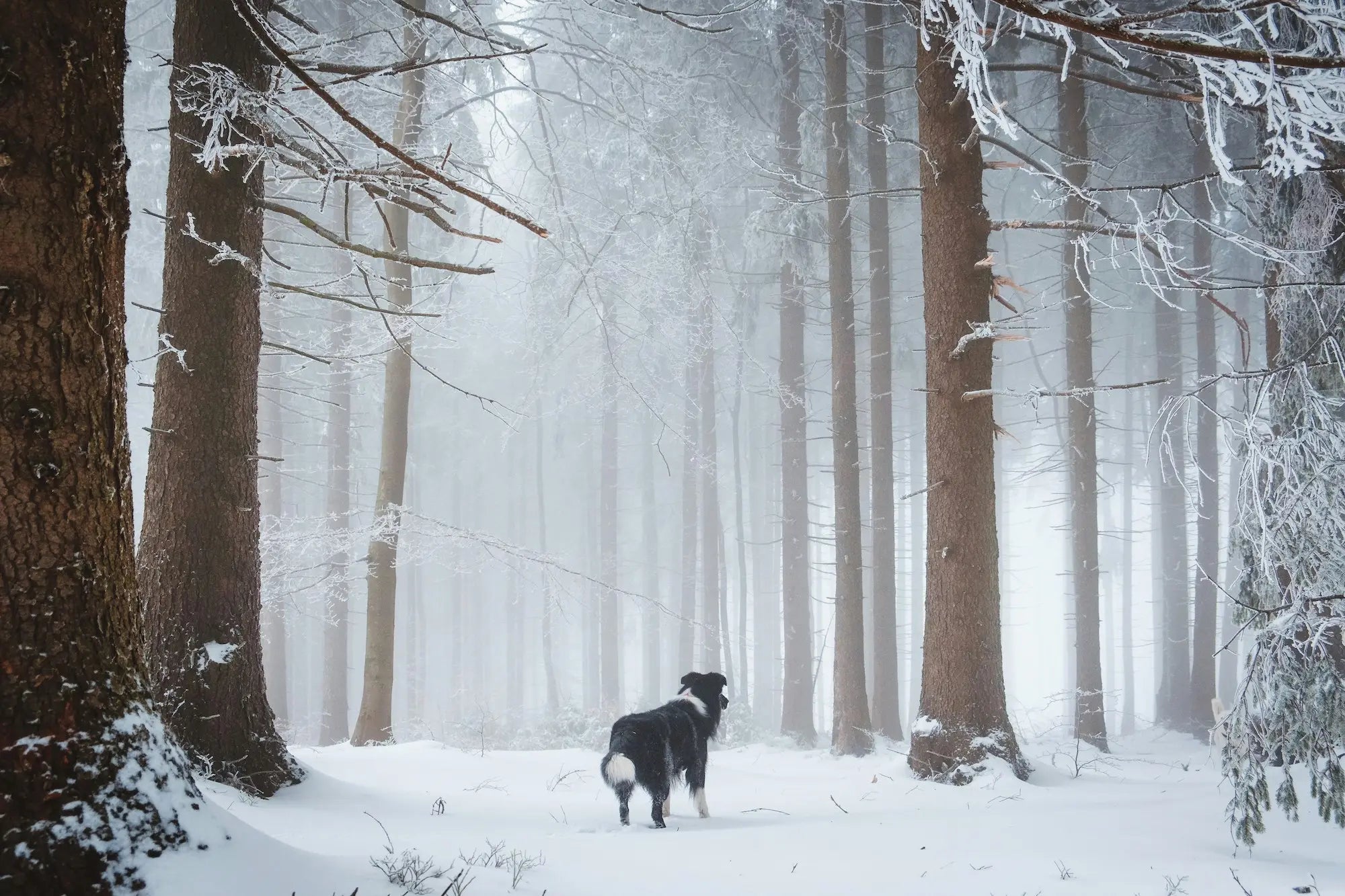The Cocker Spaniel is a popular medium-sized dog breed that makes a great family pet. It thrives in both the city and the countryside, and loves to explore and play. Wondering if this is the breed for you? Read more about what makes a Cocker Spaniel tick and what you can expect as an owner!
race facts

Family friendly

Activity level

Fur care

Training needs

Clearing

Size
Facts about the breed
The Cocker Spaniel is a popular breed of dog with a long history. However, the original breed was larger than today's Cocker and was called the "field spaniel". The Cocker Spaniel originated in England, where it was used as a hunting dog to retrieve birds from water and land. The name "cocker" also comes from the hunting grounds, where the dogs were used to hunt woodcock, a type of woodland bird.
What can you expect as a cocker spaniel owner?
Personality
Personality
A cocker spaniel is a dog that will follow you anywhere, and will always be happy to see you when you come home. They have a natural ability to read people's emotions and can often sense when you need a little extra love and care. That's why the cocker spaniel is also a popular companion and therapy dog. It makes a loving and friendly family member who loves to play, and has a good disposition. A cocker spaniel puppy is fully grown, mentally and physically, only when it is about 2 years old.
Thanks to its history as a hunting dog, it usually gets along well with other dogs. The Cocker Spaniel is also a very child-friendly breed. However, remember that young children should never be left alone with dogs.
Activity level
Activity level
Despite the fact that the Cocker Spaniel is generally very docile and kind, like other dog breeds, it needs daily activity and exercise. After all, it has a long history as an active hunter! To have a happy, healthy and content dog, you should make sure to offer it varied activity - and feel free to take it on adventures and explorations. Then you will also have a cuddly and calm dog that you can relax with on the sofa afterwards.
Training
Training
The Cocker Spaniel's natural hunting instinct means that it tends to chase small animals or birds if it gets the chance. Therefore, it is recommended to keep the dog on a leash when out for a walk. The breed is both intelligent and easy to train. However, some have noted that this breed can also have a rather sensitive soul. It is therefore important to train the dog with patience and positive reinforcement methods, and to avoid harsh punishment methods that can weaken the dog's trust in you. This applies to all dog breeds.
Health
Health
Weight and size
Cocker spaniels are categorized as a medium-sized dog breed. Their bodies are compact and powerfully built, and they usually weigh between 13 and 15 kg. Male dogs are approximately 39 to 41 cm tall, and females are 38 to 39 cm.
Lifespan
The average lifespan of a cocker spaniel is 10 to 15 years.
Hereditary diseases
Cocker Spaniels are generally considered a relatively healthy breed of dog, but as with all breeds, they can be prone to certain genetic health issues. A common challenge for this breed in particular is the ears, which are due to their unique anatomy. Recurrent ear infections are not uncommon.
In addition, cocker spaniels may be susceptible to other hereditary diseases, including:
- Progressive retinal atrophy (PRA)
- Hip dysplasia (HD)
- Acral Mutilation Syndrome (AMS)
- Degenerative myelopathy (DM)
- Exercise-induced collapse (EIC)
- Familial nephropathy (FN)
- Hereditary phosphofructokinase (PFK) deficiency
- Xanthinuria
Fur
Fur
Cocker Spaniels are known for their beautiful, smooth and silky coat, and come in a variety of colours. These include black, red, chocolate brown with or without reddish-brown tan markings, multi-coloured or roan. Caring for a Cocker Spaniel's coat requires some effort. The dog needs regular brushing, bathing and clipping to maintain a tangle-free and well-groomed mane. The dog's well-being is always paramount, and if you have a family dog that is not used for shows, for example, it may be a good idea to cut the coat into a shorter hairstyle to make it easier to keep it clean and tangle-free.
Food and nutrition
Food and nutrition
Cocker Spaniels often have big appetites and can overeat if given the chance. It is important not to be fooled by those cute doe eyes that beg, as this can lead to an unhealthy and overweight furball. We always recommend adjusting the amount of food according to your dog's activity level, size, age and build. You should also consider these factors when buying dog food .
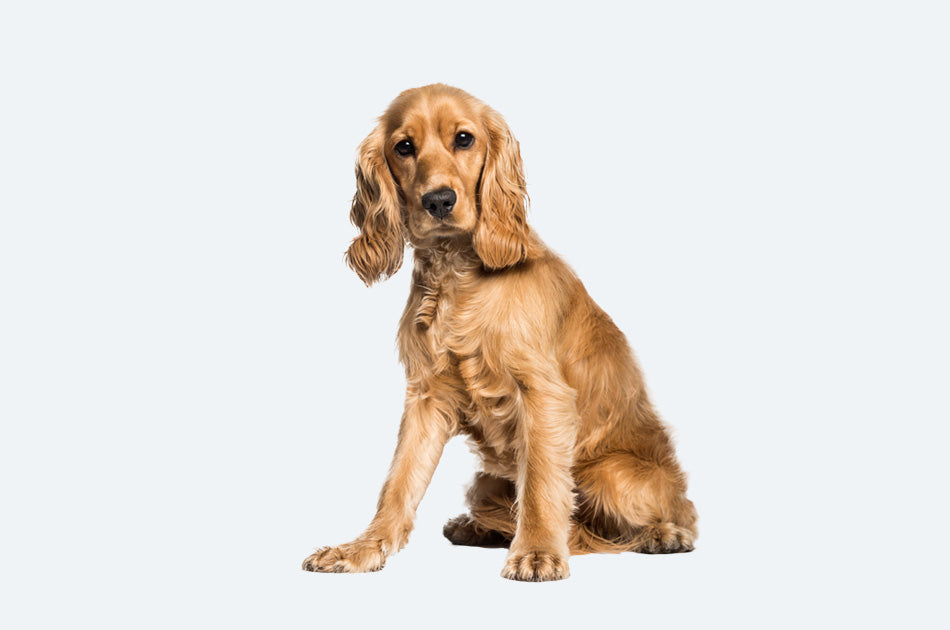
Cocker Spaniel
Does the cocker spaniel sound like a breed to you? Then we recommend contacting the breed club Norwegian Spaniel Club for more information. It is also important to choose a seller where you get information about how the dog was bred, to ensure that you are not contributing to uncontrolled or illegal dog trade. Unfortunately, not everyone breeds in a responsible and correct way, which can lead to serious diseases in the puppies. Being well prepared and finding a reliable breeder is therefore the best thing for both you and your dog.
